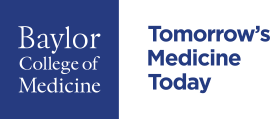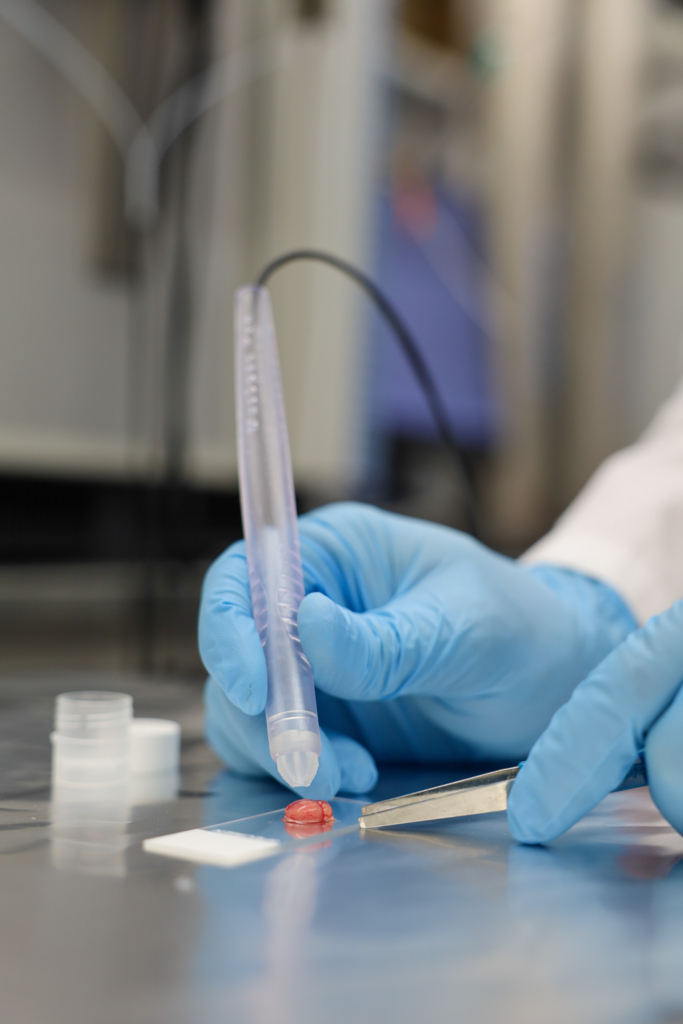ADVANCING SURGICAL EXCELLENCE
The Marcus Foundation Supports Breakthrough Technology for Breast Cancer Surgery With $3 Million Grant
Breast cancer is the second leading cause of cancer deaths among women, and surgical resection—removing cancerous tissue—is the most common treatment option for patients. To help improve the effectiveness of resection, researchers in the Eberlin Lab for Medical Mass Spectrometry at Baylor College of Medicine received $3 million in funding from The Marcus Foundation in March 2024 to further develop and validate the MasSpec Pen technology. The MasSpec Pen is a breakthrough device, developed by Livia Eberlin, Ph.D., and colleagues, to instantly identify cancer, streamlining the process for surgeons to precisely remove what’s necessary.
“Our primary goal is to validate the performance of the MasSpec Pen and its value to surgeons as they determine what tissues to remove and preserve during breast cancer surgeries,” said Dr. Eberlin.
The MasSpec Pen is the first device of its kind to help guide resection in breast cancer and other cancer surgeries. The Eberlin Lab successfully implemented the tool in a pilot clinical study in the operating room at Baylor with 22 breast cancer patients. Lab members are excited to enter a new phase of clinical testing with a larger patient group thanks to the grant from the Foundation.
“Our breast cancer surgical team at Baylor is thrilled to continue this important research effort with Dr. Eberlin and with support from The Marcus Foundation,” said Alastair Thompson, M.D. “We know it can make a huge impact in our practice and for our patients.”
The funding will help enroll 200 patients at two affiliate hospitals: Ben Taub Hospital and Baylor St. Luke’s Medical Center. Surgeons will use the MasSpec Pen intraoperatively for breast tissue analysis, surgical margin evaluation and to ultimately determine how the technology performs in comparison to the current clinical approach. The goal is to achieve higher than 95% accuracy and for the MasSpec Pen technology to perform faster than the current standards.
“It’s great when you find funders like The Marcus Foundation that are passionate and aligned with your mission to help patients,” Dr. Eberlin said. “We hope that our technology makes a huge impact in the care for patients with cancer.”
Precision Cancer Detection
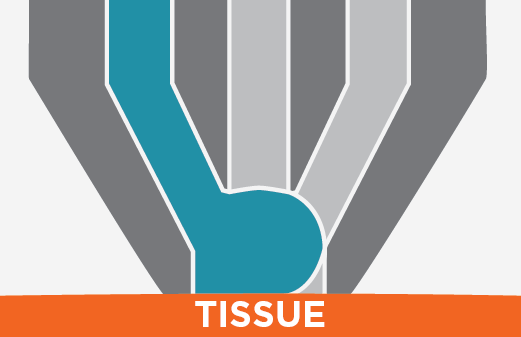
At the initial contact with tissue, the MasSpec Pen applies a droplet to the surface, beginning the molecular analysis process.
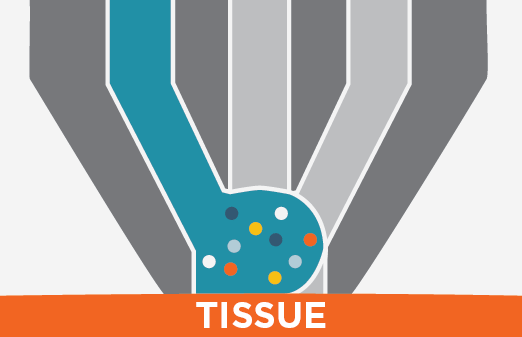
The droplet interacts with the tissue, absorbing molecular components for analysis. This step collects critical data for cancer detection.
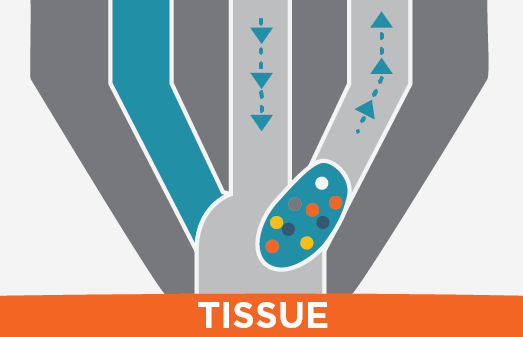
The droplet, now containing molecular information, is drawn into the pen for mass spectrometry analysis. This allows real-time detection with high sensitivity and accuracy
FEATURED FACULTY
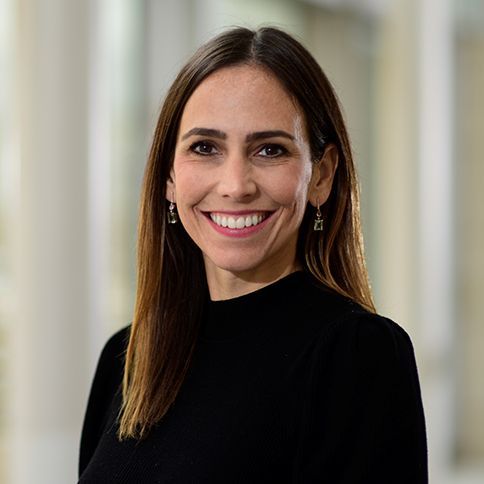
Livia Eberlin, Ph.D.
Professor and Vice Chair for Research
Division of Surgical Oncology
Michael E. DeBakey Department of Surgery
Translational Research and Innovations Endowed Chair
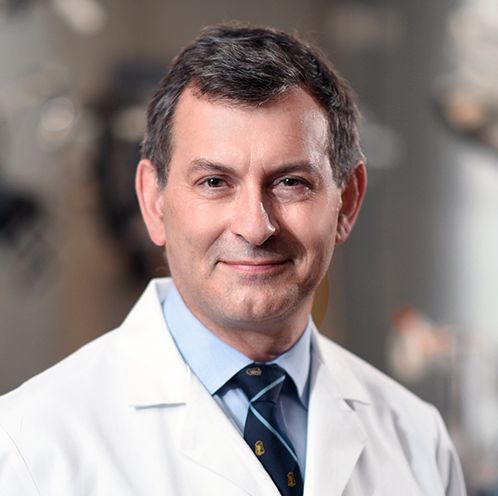
Alastair Thompson, B.Sc. (Hons), M..Ch.B, M.D., FRCS
Professor and Chief
Section of Breast Surgery
Division of Surgical Oncology
Michael E. DeBakey Department of Surgery
The Olga Keith Wiess Chair of Surgery
